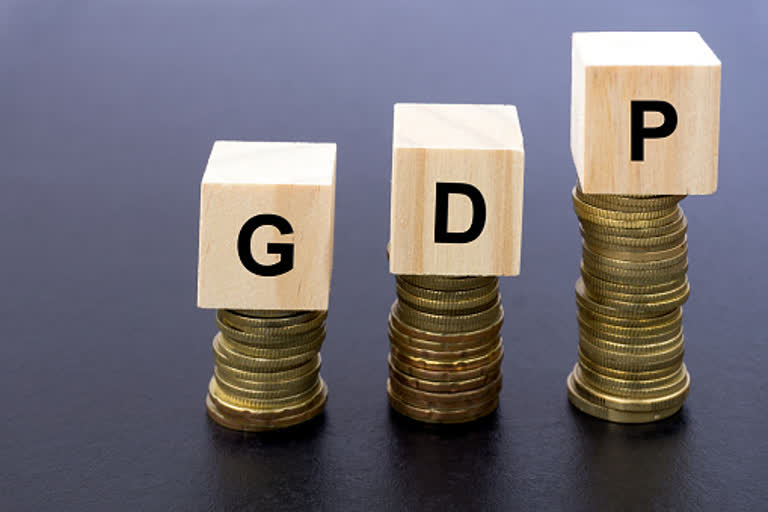Kolkata: India can end up with real GDP growth of five per cent this financial year excluding the inflation rate, Bibek Debroy, the chairman of PM's Economic
Advisory Council said on Friday.
In the present scenario achieving a nine per cent GDP growth will be difficult, he said at the Tata Steel Kolkata Literary Meet here.
"The aspirational growth rate could be between 6.5 per cent to 7 per cent. At this stage it will be difficult to attain nine per cent GDP growth," he said.
"This year the growth rate will end at five per cent and this is real and not nominal ... Next year, the GDP growth rate could be anything between 6 to 6.5 per cent," he said.
Recently IMF had pegged India's GDP growth at 4.8 per cent for 2019-20, much less than its October projection of 6.1 per cent. Debroy said that the Indian economy at present is growing in an environment that is somewhat protectionist and has declining exports.
Read more: 14.33 lakh new jobs created in November: Report
"The period during which the country grew at high GDP growth rates like nine per cent, the exports-to-GDP ratio was 20 per cent. But now with developed countries resorting to protectionism and after the collapse of the WTO, the contribution of exports to GDP in a large way does not seem possible", he
said.
Debroy said "With India being strong in services and not manufacturing, the country will have to give some to get some. It is a quid pro quo situation particularly in a regional trade bloc kind of arrangement".
On the taxation regime, he said that the country is moving towards a stable direct tax regime without any exemption. "Goods and Services Tax (GST) is still work in progress. GST was supposed to be revenue-neutral.
But the government has lost revenue post-GST implementation, which is not tenable," Debroy said.
He said, "When both direct tax and GST rates get stabilised in future, a day might come when there would be no need to present budgets in the Parliament".
Regarding the high cost of capital, Debroy said it will continue to be so as it is a scarce resource in India.



